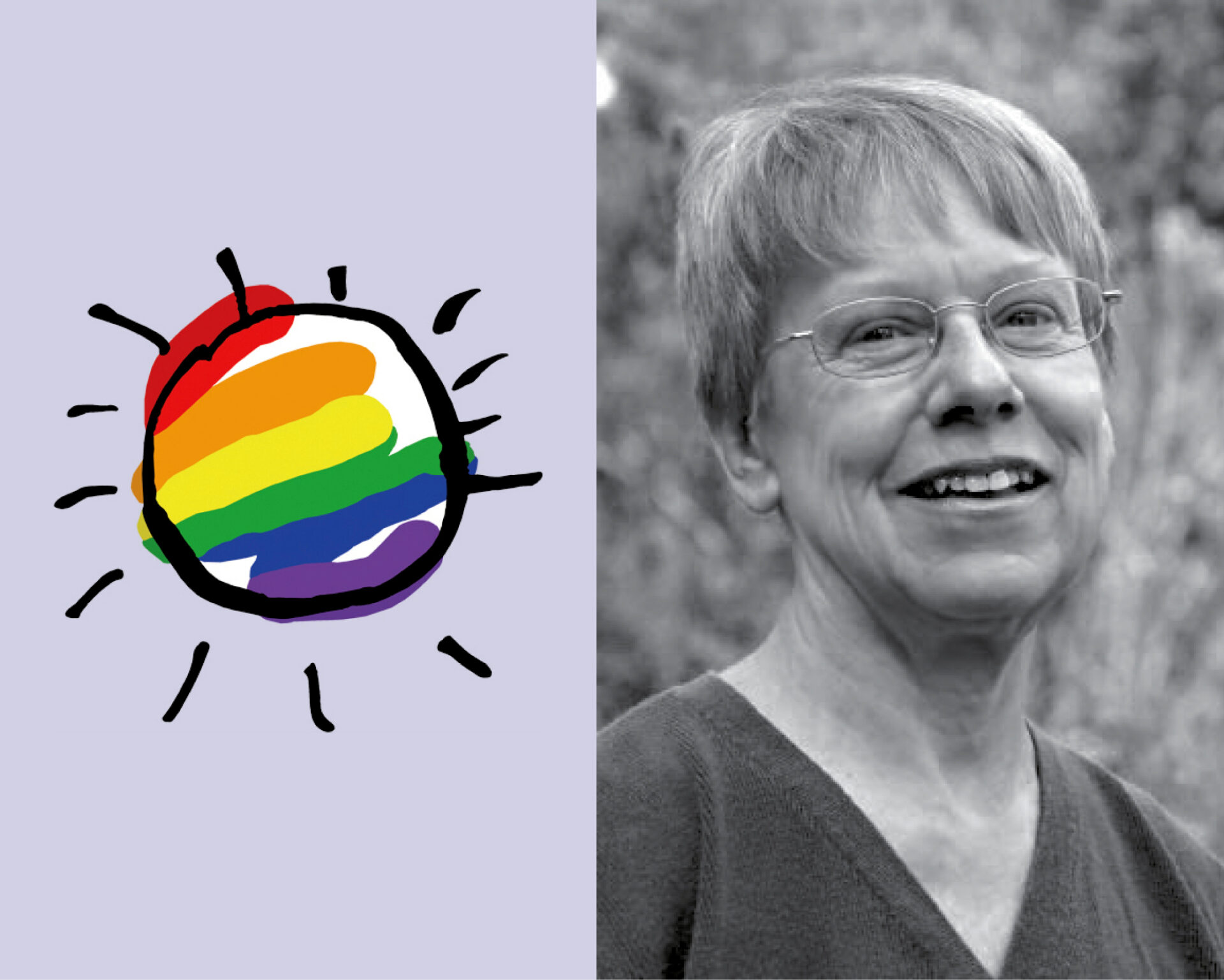When I think of myself, the seniors I know, the seniors before us, and the discrimination endured and survived by the lesbian, gay, bisexual, and transgender population, I have no doubt that LGBTQ seniors are resilient. That resilience is reported in an article entitled, “Study of the Day: Gay Seniors Are Resilient Despite Tougher Old Age” in The Atlantic (Feb., 2012), which quotes research done by University of Washington social workers.
It says, “Policymakers and researchers have largely ignored the health issues of lesbian, gay, bisexual, and transgender seniors, whose numbers are expected to exceed four million by 2030.” To better understand the risk and protective factors affecting these older adults, 2,560 LGBT adults aged 50 to 95 across the U.S. were surveyed. Respondents reported greater rates of health issues than heterosexuals of similar age. Almost two-thirds of them had been victimized at least three times, and 13 percent had been denied healthcare or received inferior care.
The report goes on to say, “Still, LGBT older adults remained resilient. Nine in 10 engaged in wellness activities like meditation, and 82 percent said they regularly exercised. Nearly all of them felt good about belonging to the LGBT community, and more than one-third stated that they attended spiritual or religious services.”
As a social worker, I learned about situations of neglect and abuse of heterosexuals of all ages and wondered how much more vulnerable LGBT seniors could be. Young workers in group homes had little or no medical training. The minimal standards facilities legally operate under scare me when I think of my aging. Others of us have heard or experienced horror stories firsthand. I’m concerned how the effects of stress on overburdened workers will affect increased numbers of elderly patients, especially LGBT elders.
A 2010 Lambda Legal study entitled, “When Health Care Isn’t Caring” (quoted in the Healthcare Equality Index 2012: Promoting Equitable and Inclusive Care for Lesbian, Gay, Bisexual and Transgender Patients and Their Families) found that more than half of all [LGBT] respondents reported that they had experienced at least one of the following types of discrimination in healthcare: being refused needed care, healthcare professionals refusing to touch them or using excessive precautions, healthcare professionals using harsh or abusive language, being blamed for their health status, or healthcare professionals being physically rough or abusive. Seventy percent of transgender and gender-nonconforming respondents had one or more of these experiences, and almost 56 percent of lesbian, gay, or bisexual respondents had at least one of these experiences.
Last year the American Medical Association began asking healthcare providers to collect data regarding LGBT patients. For us, this is a double-edged sword. Will disclosing make us any safer? In order to provide safety, care facilities are now offering LGBT sensitivity trainings and culturally competent care, buttressed by new regulatory requirements.
In May, UW-Madison medical professionals who belong to PRIDE in Healthcare proposed a resolution to the Wisconsin Medical Society recommending, (1) that health care providers working with geriatric populations (e.g., aging services, residential care facilities, and home care agencies) should receive training regarding the needs of lesbian, gay, bisexual, and transgender (LGBT) seniors, including (a) their concerns of being ostracized and abused by care providers and community members; (b) health risks, health disparities, and prevalent diseases of LGBT seniors; and (c) how the lack of legal protections and access to social programs granted to heterosexuals causes hardship for LGBT seniors; and (2) that Area Agencies on Aging (AAAs) and Aging and Disability Resource Centers (ADRCs) consistently and explicitly inquire whether clients desire counseling about the services that are available or pertinent for LGBT seniors and, whenever applicable, counsel clients about accessing these resources.
On June 19, at an event at Howard University in Washington, D.C., with Health and Human Services (HHS) Secretary Kathleen Sebelius. The Human Rights Campaign (HRC) released the 2012 Health Equality Index (HEI). The Index focuses on four core policies: 1) Patient Non-Discrimination, 2) Visitation, 3) Employment Non-Discrimination, and 4) Training in LGBT Patient-Centered Care. The annual HRC Foundation survey helps hospitals assess themselves against established best practices and ensure that they are complying with requirements for non-discrimination. These include a requirement issued last year by The Joint Commission, the largest accrediting body for U.S. hospitals, calling on all accredited facilities to extend non-discrimination protection to LGBT patients.
That same day, HHS Secretary Sebelius announced the Departments’ 2012 nine objectives aimed at improving the health and well-being of all LGBT Americans. HSS also recommitted to its 2011 objective of increasing the number of federally funded and demographic surveys that collect and report sexual orientation and gender identity data. Additionally, 1) the Health Services and Resources Administration (HRSA) will award up to eight grants to organizations to connect transgender women of color with HIV prevention and care services; 2) National Institutes of Health (NIH) will release a report that identifies the gaps and opportunities in its research portfolios in light of the recommendations from the 2011 Institute of Medicine report; and 3) Substance Abuse and Mental Health Services Administration and HRSA will develop a plan to disseminate existing tools to behavioral health and primary care practitioners to help them assess, treat and refer LGBT clients in a culturally competent manner.
It is getting better.
Caroline Werner is the Volunteer Senior Program Coordinator at OutReach.
























0 Comments